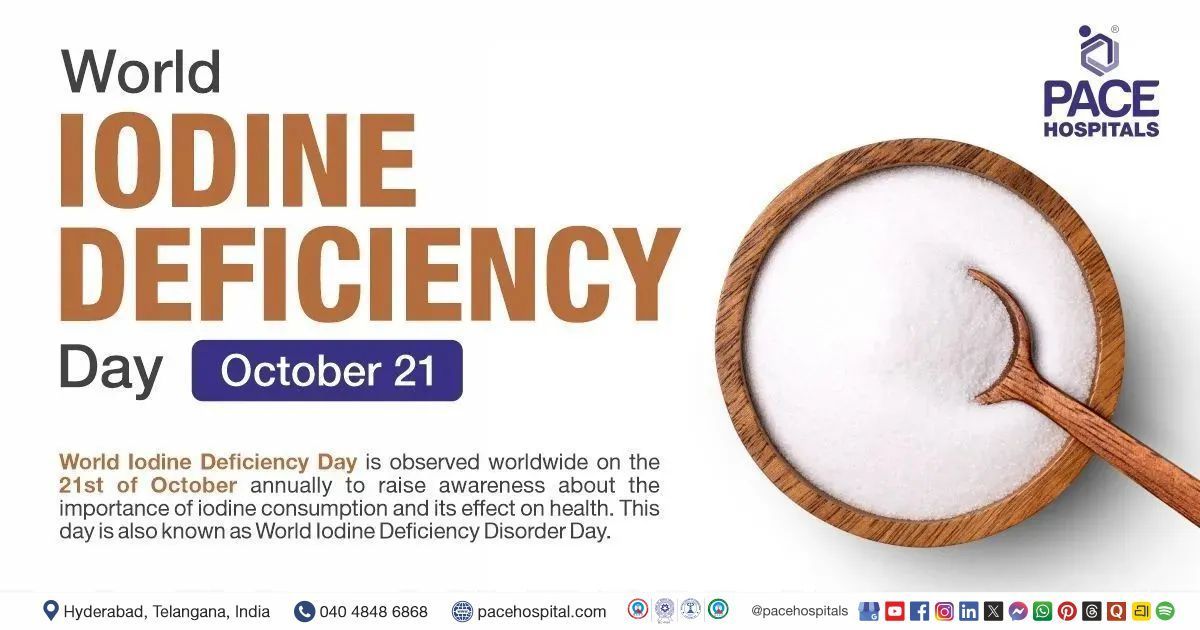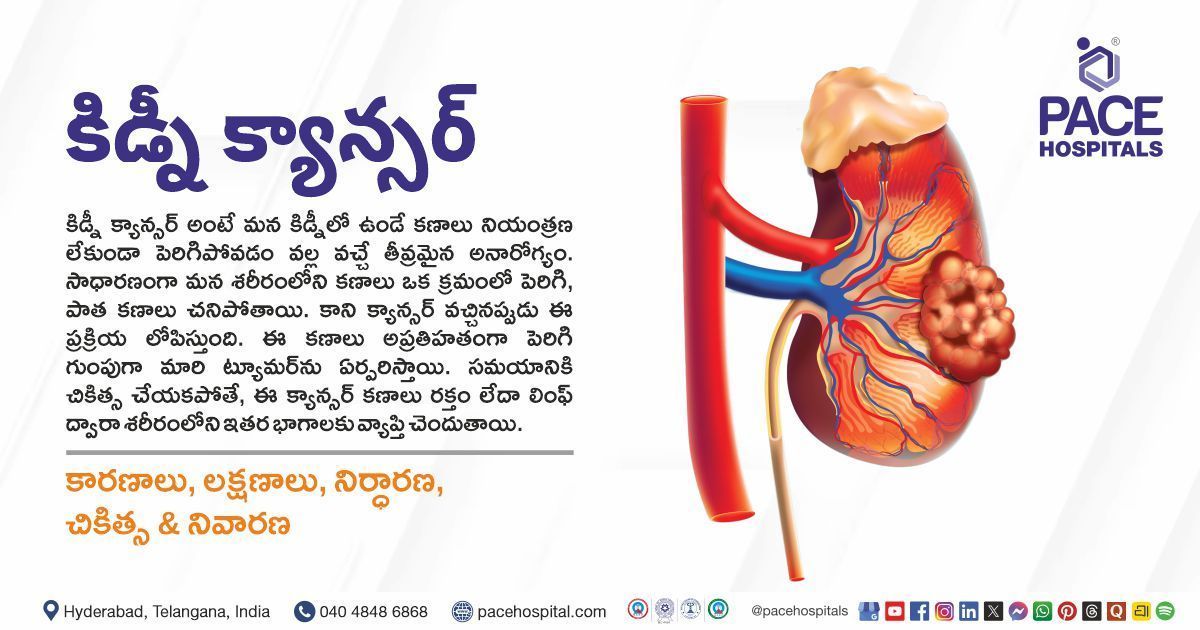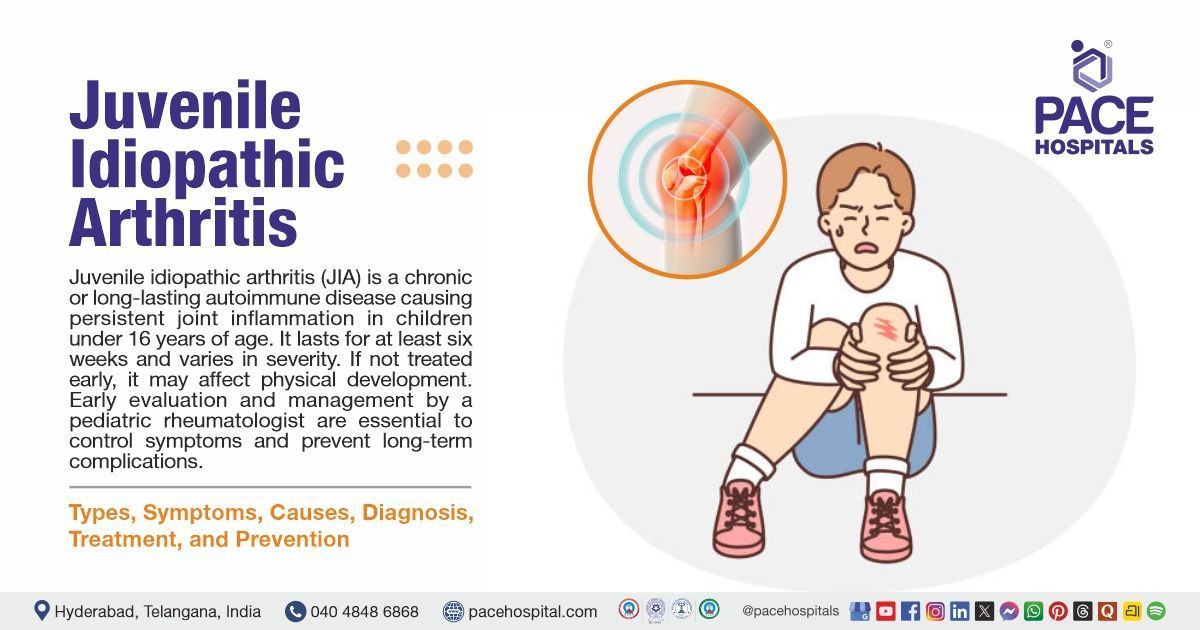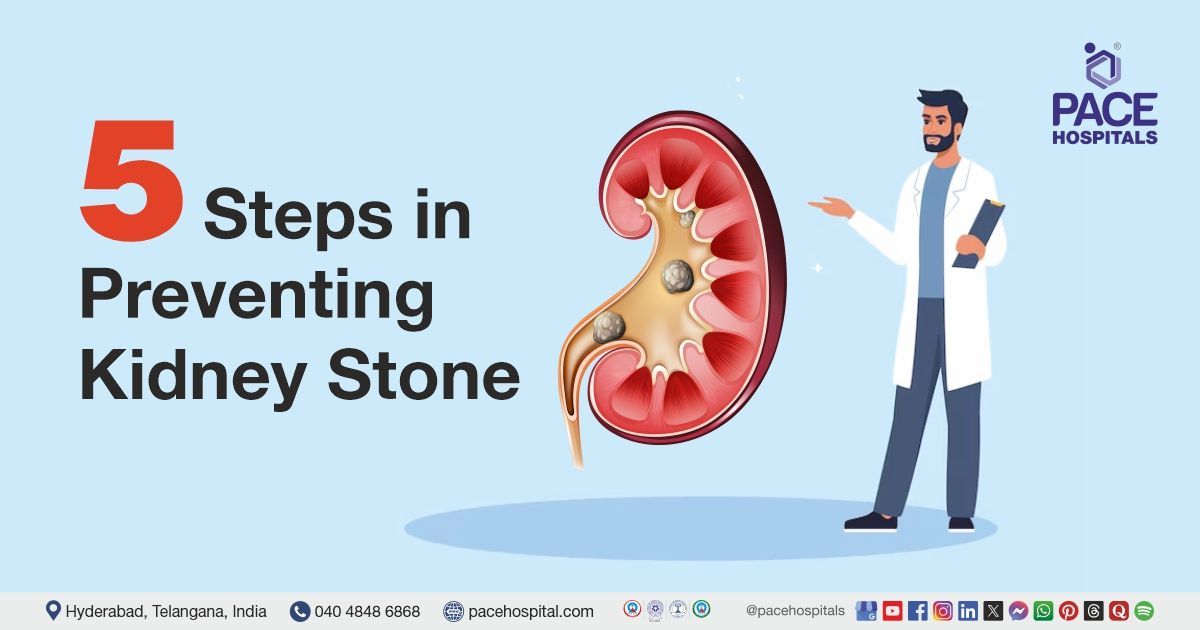World Iodine Deficiency Day, 21 October 2025 - Importance & History
PACE Hospitals
World Iodine Deficiency Day is observed worldwide on the 21st of October annually to raise awareness about the importance of iodine consumption and its effect on health. This day is also known as World Iodine Deficiency Disorder Day.
On this day, various local, national, and international healthcare organisations, including the World Health Organisation (WHO) and the United Nations International Children's Emergency Fund (UNICEF), conduct several events, campaigns, educational programs, and workshops to create awareness about iron deficiency.
Importance of World Iodine Deficiency Day
Iodine is a micronutrient the body needs for the thyroid, a gland that impacts many bodily functions, such as heart rate, metabolism, body temperature, and muscle contractions. Thus, iodine deficiency can lead to multiple health and developmental outcomes known as iodine deficiency disorders. Lack of iodine is particularly harmful during pregnancy and early childhood, as it can cause loss of learning ability, mental retardation, stillbirth, and miscarriage.
Serious effects of iodine deficiency include a high rate of infant mortality, goitre (an enlarged thyroid gland causing a swelling in the neck), hypothyroidism (an endocrine condition that can cause a number of symptoms ranging from chronic fatigue to weight gain), delays in growth and intellectual development in children, and intellectual disability. Iodine deficiency is especially threatening for children whose body is still growing and developing. Iodised salt can reduce the risk of iodine deficiency and is also safe for infants, children and pregnant women.
Iodine plays a crucial role in making up proteins and helps in the growth of nerves and bones in the body, and its deficiency can cause serious health conditions such as goitre, hyperthyroidism, etc., where all these conditions can be avoided by having awareness with respect to the importance of iodine consumption in day-to-day life. World Iodine Deficiency Day plays a vital role in spreading public awareness regarding the impact of iodine deficiency and how it can be prevented.
Prevalence of Iodine Deficiency
According to the World Health Organization, nearly 200 crore people around the globe are affected by insufficient iodine intake. Iodine deficiency has been identified worldwide. It causes significant health problems in 130 countries and affects 74 crore people. One-third (33%) of the world's population is exposed to the risk of Iodine Deficiency Disorder (IDD). In India, more than 6.1 crore people are suffering from endemic goitre and 88 lakh people suffer from mental/ physical disabilities.
About 30% of the world's population globally live in areas with iodine deficiency and its consequences. Without the proper iodine intake in a child's diet or that of pregnant women, children can suffer from iodine deficiencies that can affect their growth and development.
History of World Iodine Deficiency Day
In 1990, various organisations came together at the World Summit for Children to pinpoint the significance of iodine and how to prevent the increasing cases of iodine deficiencies. In 2002, various organisations came up with various awareness programs and with more time, more countries started joining the cause, and it became World Iodine Deficiency Day.

Iodine Consumption Guidelines
The recommended daily iodine consumption varies depending on several factors, such as age, sex, body weight, and overall health. Iodine consumption is crucial for producing thyroid hormones, which regulate metabolism and support proper growth and development. Insufficient iodine intake can tend to thyroid disorders and developmental issues, making it essential for overall health. The following are the general recommendations for iodine consumption:
- Children under one year of age need 110 - 130 µg/day iodine for maintenance of normal thyroid function.
- Children under eight years old need 90 µg/day.
- Children under 13 years old need 130 µg/day.
- Adults need 150 µg/day.
- Pregnant women need 220 µg/day.
- Lactating women need 290 µg/day.
Share on
Request an appointment
Fill in the appointment form or call us instantly to book a confirmed appointment with our super specialist at 04048486868











